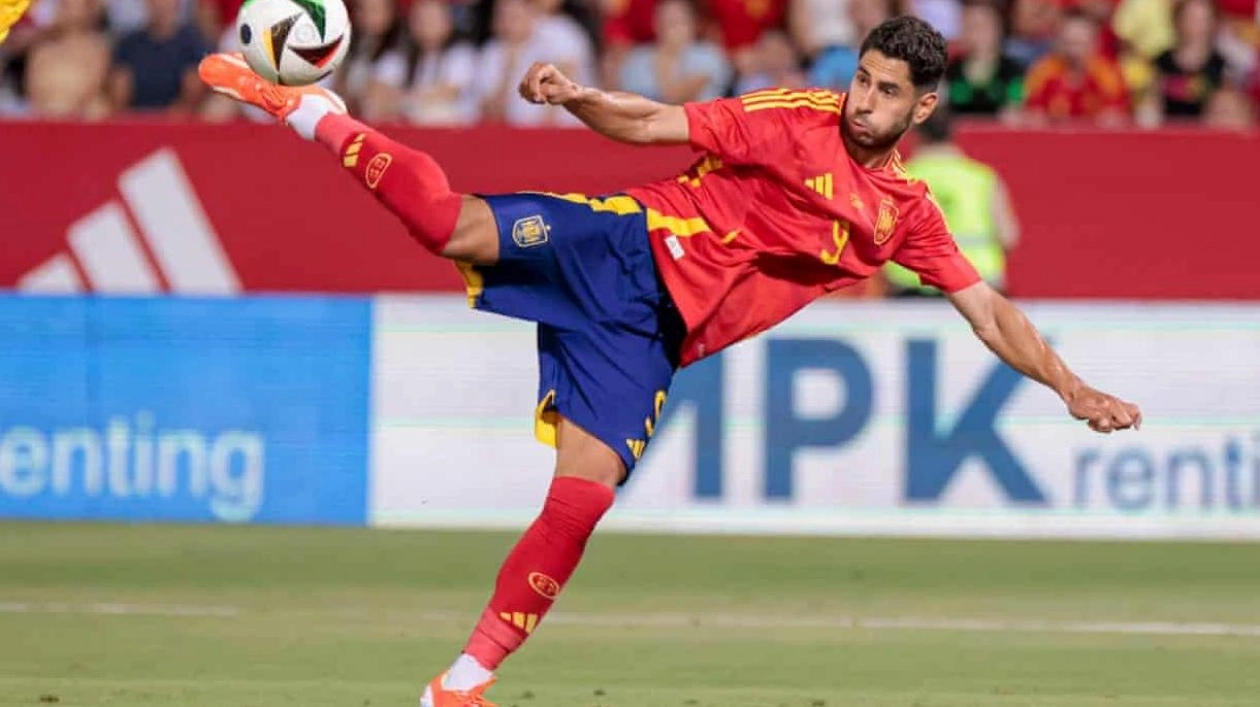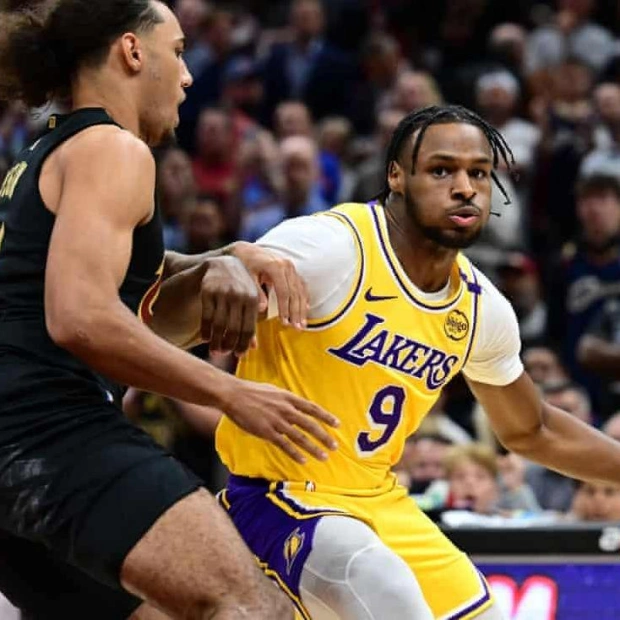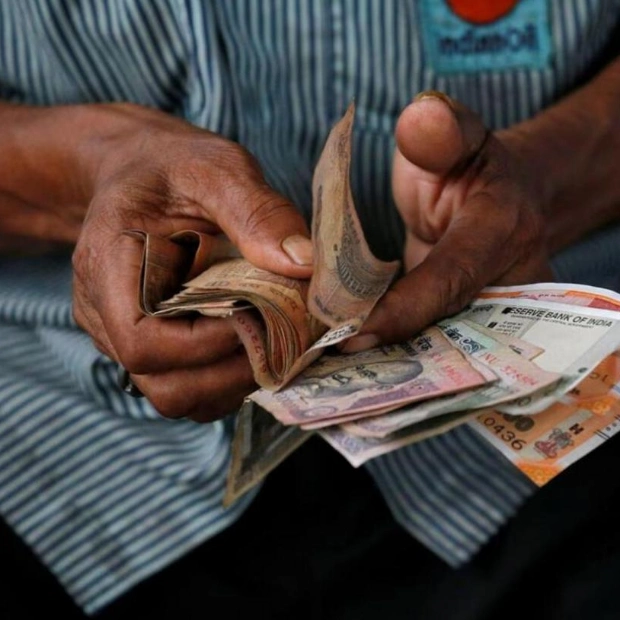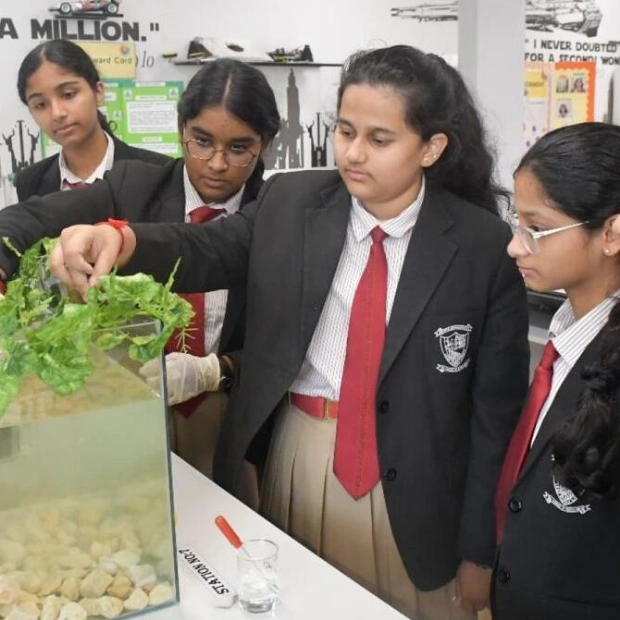On the morning following the most catastrophic flood in Spain’s history, which claimed 223 lives and ravaged the Valencia region, Villarreal returned to the city from a Copa del Rey match in Mallorca. The extent of the destruction was so immense that Ayoze Pérez believes all football fixtures should have been immediately postponed. Instead, it wasn’t until the following afternoon that it was confirmed that their match against Rayo Vallecano and Real Madrid’s visit to Mestalla would be called off, while other first-division games proceeded as scheduled. This decision was widely condemned, and Pérez finds it incomprehensible.
Pérez argues that while players might not have had the collective voice or power to refuse to play, they shouldn’t have needed to. “We shouldn’t have reached the point where coaches and players had to express their opinions, because it’s so clear,” the Villarreal forward states. “When the circumstances are extremely difficult, we shouldn’t have to come to an obvious conclusion. We’re discussing a catastrophe. The decision should have been made swiftly; what we all thought [that we should not play] was the most natural thing in the world. We needed to stand with Valencia. Football comes second, or third. What mattered were the people affected.”
The following weekend, Villarreal resumed play against Alavés, which felt inappropriate: the team played in black, and a palpable silence and emptiness prevailed. “The minute’s silence was deeply emotional,” Pérez recalls. “Villarreal is so close to Valencia that we were acutely aware that it wasn’t the best environment to play a game. The decision wasn’t in our hands; we had to play, and so we did. But we all agreed that we shouldn’t have.”
The rest of the first and second division teams in the Valencia region also played, with only the city’s two clubs, Valencia and Levante, yet to return. Spain’s next two fixtures, against Denmark in Copenhagen and Switzerland in Tenerife, will be used to raise funds. Villarreal players have been among those assisting in the hardest-hit areas.
“We were returning from Mallorca when it happened. We stayed overnight there due to the bad weather and flew back the next morning. And that sight, what I saw …” Pérez recounts, pausing. “It had such an impact on me, it’s still vivid. We were descending to land, and looking out of the plane’s windows, it was like a scene from a disaster movie, of such magnitude that the image remains etched in your mind. You start to grasp even more clearly the severity of the situation, how dire it is.
These have been incredibly tough days. When you live so close to it, it’s another reality. Everyone is aware of it, we’ve all seen videos that break your heart, but experiencing it so closely, you feel it. I live in Valencia. Thank God, I didn’t lose [people] but it’s inevitable that you witness terrible situations; there has been extensive damage, many people affected. What we must do now is use the voice we have, these upcoming games, to help in any way we can. Our focus is Valencia.”
He continues: “We’re all people, we’re aware of the reality. It’s a catastrophe, something very hard to endure and to still be enduring many days later. You have to help, be united. Everything else is secondary now; Valencia has to be our focus, we have to continuously assist, finding ways to support them, to help them return to ‘normality’ as soon as possible.”
“That week we trained with uncertainty about whether we were going to play or not,” Pérez says. “Our game was postponed. Others were played although we all agreed [that they shouldn’t have] and you could sense that something was missing. People were not fully engaged, their minds were elsewhere; they were where they needed to be. But the person whose decision it was to play – or not – decided to play. And in the end, it was played, mistakenly.”
Source link: https://www.theguardian.com






